I often tell my clients, that the best leadership lessons I have ever learned were from being a parent. The leadership skillset requires that you are always thinking ahead, balancing multiple priorities, helping others to accomplish stretch goals, noticing their needs and feelings, resolving conflicts, and listening, really well. To all the parents out there or those who fill that role in the life of a family member, someone they love, does this sound familiar?
Parenting, not unlike leadership, is challenging and rewarding. It requires commitment, collaboration, listening, communication, and a simple dose of love. With a lot of experience as both a leader and a mom, I freely admit I haven’t always done the right thing. Through this journey, however, I have learned my most valuable lessons on leadership.
THE BEST LEADERSHIP LESSONS I’VE EVER LEARNED CAME FROM PARENTING
I have five lovely grandsons from the ages of 3 to 12. I have moved beyond the parenting phase to the joyful stage of grandparenting. My grandsons are a delight.
Five years ago, I started Grandma Camp – a 5-day extravaganza of fun and adventure for the 6 of us, my sister, and her granddaughter. Little did I know this would be another powerful lesson for me and an opportunity to teach them leadership principles.
GRANDMA CAMP’S LEADERSHIP LESSONS
LISTEN
Listening is one of the most fundamental skills that a person can develop. Everything starts here. As a parent or a leader, we can’t assume that we know what is needed. The only way to not make assumptions is to listen with an open mind to the perspectives of others.
CREATE EXPECTATIONS
One of the most important aspects of leadership is expectation setting. I am working with a senior leadership team right now that is suffering from a lack of clarity on expectations. When a team or an individual is not clear on what is expected from them, you will get spotty results, at best. As we work on getting clarity of expectations with the individuals and the team, the team is functioning more effectively, and they are beginning to deliver the results that align with the expectations
DELEGATE & DO NOT MICROMANAGE
Once expectations are set – encourage people and manage their overall direction but not the details. Micromanagement stifles creativity and creates disengagement. Often, I find that people who don’t effectively delegate are in two camps. Either they don’t trust others to perform the task adequately or they fail to see the connection between development and delegation. Give good detailed direction and let them go in order to learn. This is the best way to develop strong employees or strong independent children
LET THEM FAIL, SAFELY.
Sometimes people will fail. That is ok. Our best learning is from our failures in life. The goal is to set an environment where it is safe to fail and where the consequences aren’t fatal. Having enough safeguards in the process allows people to fail and learn without devastating penalties. I recall one mom whose child was not going to pass her senior year of high school. That mom was going to march right to the superintendent office and decry “not fair”. Except that it was. Her daughter didn’t do the work to pass. Letting her fail was the best lesson that young lady ever learned. There was a fail-safe plan. She had the option to make up the classes at a local community college – she worked hard, and she passed – and she graduated. She is now a full-fledged adult and highly successful. I’m not sure that would have happened if she had been bailed out and not made to work for it. I am also not sure what would have happened if she had failed and there had been no plan to help her get back on track. Both are needed – let them fail – but have a backup plan.
BE FLEXIBLE
Nothing is so constant as change. The nature of leading people is all about change. If we become rigid and fixed on our own agenda, we will get stuck and we will inhibit forward progress for those around us. We must learn to ebb and flow amid change.
ADMIT YOUR MISTAKES AND APOLOGIZE
As a leader, one often fears being vulnerable. We are afraid that if we admit we are wrong, it will be seen as a sign of weakness. However, the opposite is true. Ownership of mistakes and the willingness to apologize for your errors sets an environment of trust and authenticity. If the leader, or the mom or dad, is willing to be honest with their faults it will go a long way in developing deep trust. This behavior with those we lead provides a powerful model of vulnerability and integrity that fosters a sense of safety and deep trust.
I worked with a senior executive that made a significant decision that cost the company a relationship with a key business partner. Instead of trying to deflect blame he told his people what he had done and he owned it. The result was that his people rallied around him and together they created a plan that resulted in them working as a team to rebuild the relationship with this business partner. They all came together with ideas and were able to save this relationship that could have devastated this small company. His authenticity built trust and loyalty.
EVERYONE HAS A DIFFERENT STYLE, AND THAT’S OK
My husband used to say that our girls were like three corners of a triangle. Completely different in every way. That couldn’t be truer. I find that to be equally as true in leadership. I often use the DiSC® assessment with clients to help leaders understand their own style and those of their team members. Just yesterday in meeting with a client he told me how important this learning has been to help him understand how to treat each employee, peer or leader differently. He had been trying to use the same approach with everyone and it simply wasn’t working. This was powerful learning for him. He is now using this tool to help him understand the differences of the people that he works with and is adjusting his style to get far better results.
FEEDBACK WRAPPED IN LOVE
I once had an employee who told me I was the only person who could kick him in the gut and give him a hug at the same time. That has stuck with me. Direct feedback is needed to keep people pointed in the right direction. But if we give feedback in a way that is harsh it will block our desired result. Feedback needs to be given in love. You say – “Okay I will buy that with my kids, but not my employees” – however, we are all at our core – deeply human. We have an innate longing to be significant, loved, understood, safe, and to belong. It doesn’t matter if you are talking to your child or to your employee – these longings are the same. Remember that the next time you need to deliver some hard words. Ask yourself the question “How can I deliver this in a way that they can hear it?”. Make sure you recognize their accomplishments and praise them for good work – they need to hear that – but not at the expense of the corrective feedback. Make sure both are clear – like a kick in the gut and a hug.
SELF REFLECTION
Leadership and parenting cause us to be self-reflective, and to ask ourselves questions about how we are doing and how we can do better. How are we impacting those around us? What do they need that we are not providing? One of the primary tools that we use in coaching is self-reflection. It comes in many ways – through the use of assessments, reflection exercises such as journaling, or simply taking time out to think and not do. Self-reflection will help us to consider what actions we can take that will help us become better parents or leaders. It is key to help us grow and become our very best.
THE IMPORTANCE OF A SAFE ENVIRONMENT WHEN BEHAVIOUR COACHING BECOMES NECESSARY
Last year before Grandma Camp we had been having some negative and bad behavior amongst the clan. As I result, I created a theme for the week: kindness. Our goal was to create a culture of kindness instead of sniping for the week. I set the expectation with them that we would be kind to each other, and that we would notice each other’s kindnesses.
This created some amazing results. The most notable was the 8-year-old who spent a tireless hour looking for his older brother’s dinosaur claw that was lost in the dirt after a dinosaur dig. When the lost dino claw couldn’t be found, this 8-year-old chose to give his 11-year-old brother his own dinosaur claw. Amazing kindness!
In coaching clients, it often surprises me how often discussions on leadership turn to parenting. Time after time, a client will make a parenting analogy, or I will use a truth of parenting to anchor learning. There is a common goal in parenting and leadership – to develop people to be their best – strong, independent, productive, and resourceful.
At Kinetic Insights, our PathFinders are skilled in helping leaders unleash the greatness in themselves and in their organizations. Call or email us for a quick discussion that just might put you and your team on the path to significant change.
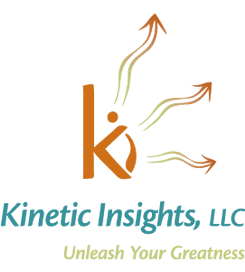
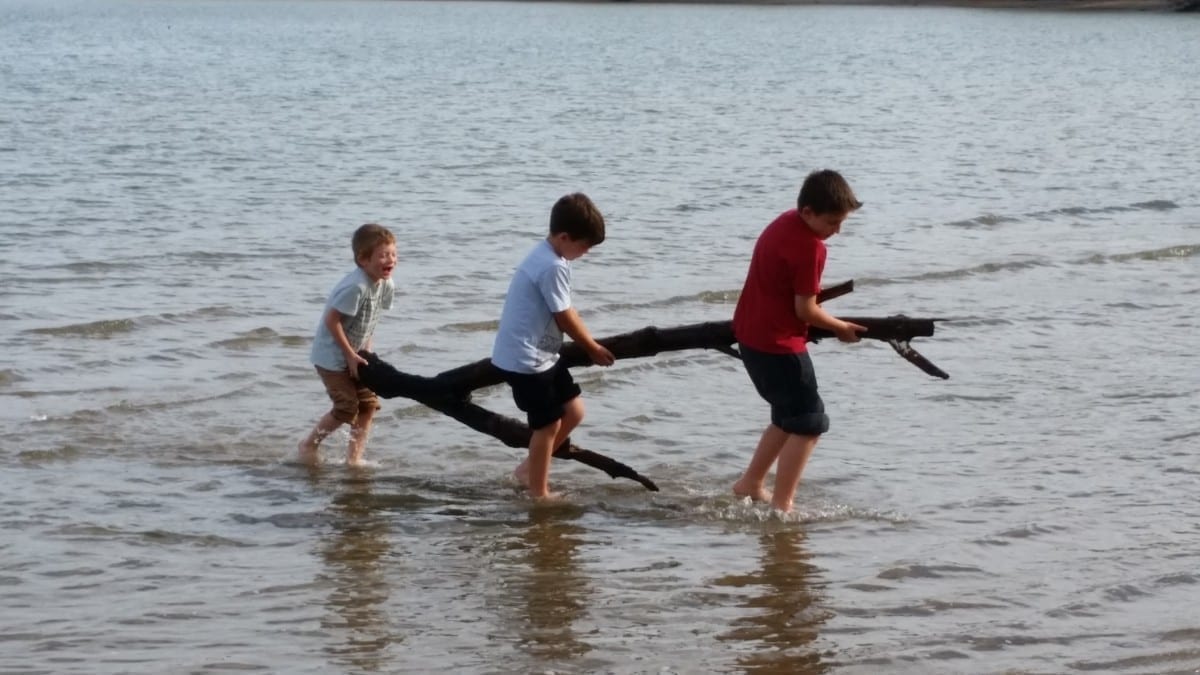
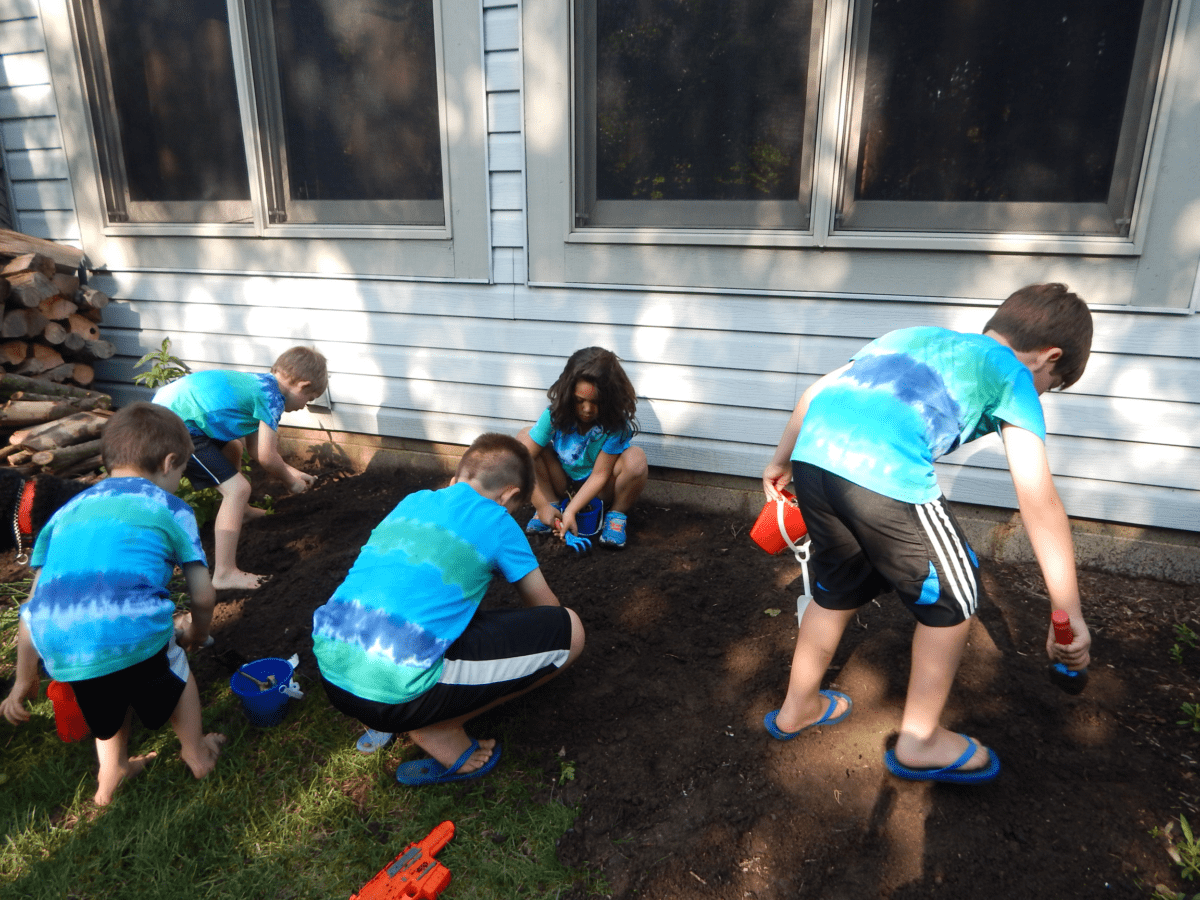
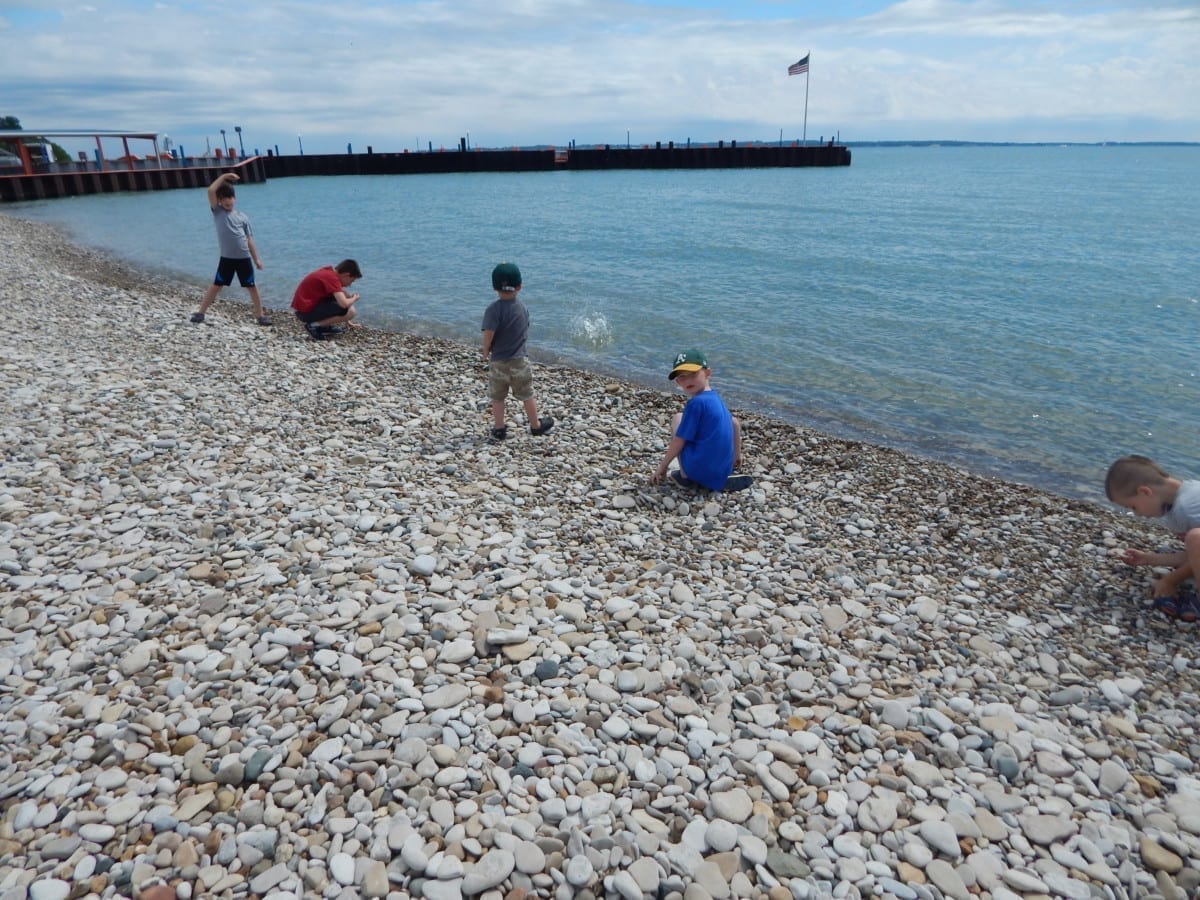







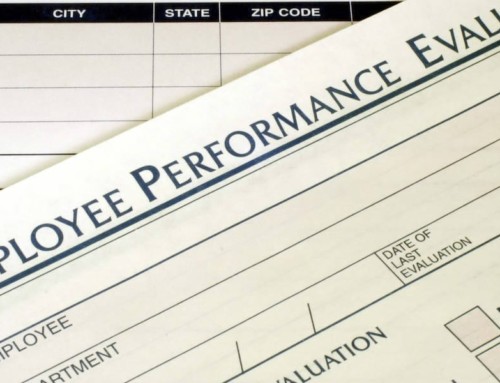

Leave A Comment